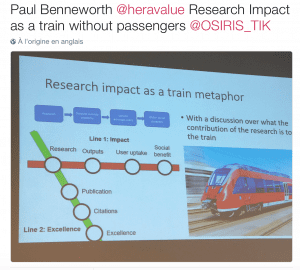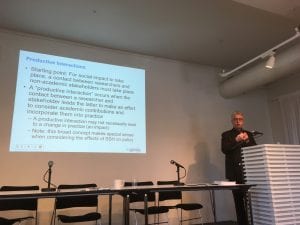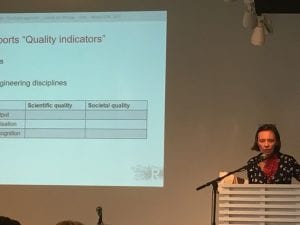The ‘Prague Manifesto’, the ENRESSH position paper on SSH research evaluation, is now available: Evaluation_of_SSH_final
This major position paper grew from discussions during the Stakeholder meeting in Prague in January 2017. Since then, the ex-manifesto has undergone much discussion, and became a series of recommendations for improving evaluation protocols in the SSH. Based on the observation of best practices, the paper does not promote any national system in particular, but intends to underline principles which need to be taken into consideration when designing and applying evaluation protocols for the SSH. Offering an extended version is one of the mail aims of the Action.
Please note that all deliverables of ENRESSH are under a Creative commons license, CC_BY_NC_ND_SA.



